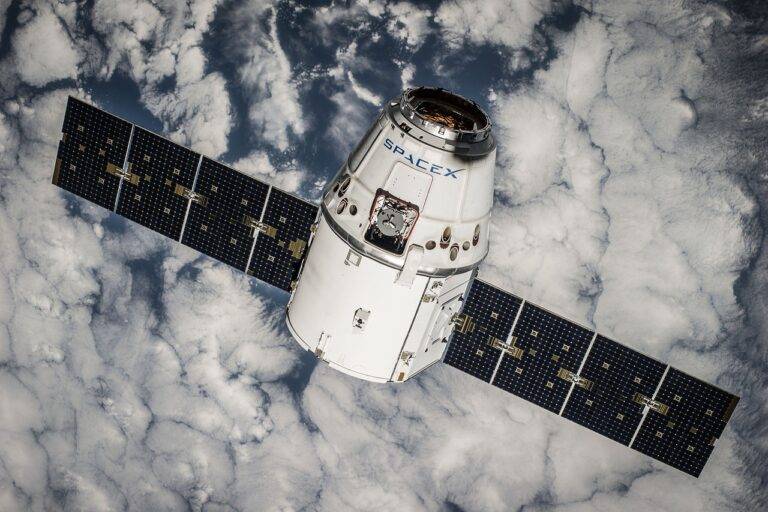Blockchain and Carbon Offsetting: Carbon Footprint Tracking
Carbon offsetting plays a crucial role in mitigating the harmful effects of greenhouse gas emissions on our planet. By investing in projects that reduce carbon dioxide in the atmosphere, individuals and businesses can take responsibility for their environmental impact and contribute to a more sustainable future. This proactive approach helps to offset the carbon footprint generated by daily activities, making a tangible difference in the fight against climate change.
Furthermore, carbon offsetting initiatives can support renewable energy projects, reforestation efforts, and energy efficiency programs around the globe. These projects not only help to reduce greenhouse gas emissions but also create economic opportunities, promote biodiversity, and enhance ecosystem health. By participating in carbon offsetting, individuals and organizations can take steps towards building a greener, more environmentally conscious world for current and future generations.
How Carbon Footprints Impact the Environment
Carbon footprints have a significant impact on the environment, contributing to the rise in global temperatures and the phenomenon of climate change. The release of excessive carbon dioxide and other greenhouse gases into the atmosphere intensifies the greenhouse effect, trapping heat and causing Earth’s surface temperatures to increase.
Moreover, carbon footprints play a key role in air pollution, leading to adverse effects on human health and ecosystems. The emission of pollutants from carbon-intensive activities such as transportation and industrial processes contributes to smog formation, respiratory issues, and the degradation of air quality, posing risks to both nature and public well-being.
What is a carbon footprint?
A carbon footprint is the amount of greenhouse gases, specifically carbon dioxide, that is released into the atmosphere as a result of human activities.
How do carbon footprints impact the environment?
Carbon footprints contribute to global warming and climate change by trapping heat in the Earth’s atmosphere, leading to rising temperatures, melting glaciers, and extreme weather events.
What is carbon offsetting?
Carbon offsetting is a way to compensate for the emissions of greenhouse gases by investing in projects that reduce or remove an equivalent amount of emissions from the atmosphere.
Why is carbon offsetting important?
Carbon offsetting is important because it helps to mitigate the impact of carbon footprints on the environment by promoting sustainable practices and supporting projects that reduce carbon emissions.
How can individuals reduce their carbon footprint?
Individuals can reduce their carbon footprint by using energy-efficient appliances, driving less, using public transportation, recycling, and supporting renewable energy sources.





